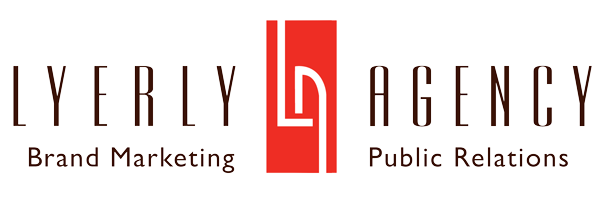As posted in The Gaston Gazette:
(2/26/17) BELMONT, N.C. – We know it’s important as businesspeople to focus on building relationships with those who are often right in front of our eyes: our customers, our employees and our fellow entrepreneurs. But what about those seeming intangibles that can still have a dramatic impact on your business? The media is one, and it can function as either a liability or as a resource, depending on the strength of that relationship.
Here are a few tips toward establishing a robust rapport with the media that will help you reach current and potential customers and that will see you through good times and, more importantly, difficult ones.
- Designate a media liaison. One of the most important elements in establishing a strong relationship with the media is your availability. If your business doesn’t routinely have someone available to chat when a reporter is on deadline, you’re going to miss out on some great coverage and on the chance to counteract unflattering or inaccurate press coverage if it arises. As a result, it’s important to designate someone in your company to be your media liaison – someone who has received media training, who can speak comfortably to reporters and who keeps media phone numbers on speed dial. If your company is small, this doesn’t have to be someone whose sole job is to work with the media; it can be one component of what they do. And this person shouldn’t be the only person who ever speaks to the media, or else reporters might begin to feel like they are only getting the “company line.” Other members of your team can and should be trained to speak to the media. But your spokesperson, whomever they are, should always be ready and willing to take a reporter’s phone call or jump in front of a camera if necessary when the media needs an interview.
- Cultivate relationships. Getting to know the media might sound a little intimidating, but it’s crucial to achieving the kind of coverage that you’d like your business to have. Sabrina Horn at Entrepreneur suggests choosing five media outlets that your customers might seek out and consider how you’d like to appear in those outlets. That’s sound advice, but it’s equally important to get to know the reporters themselves. Do a bit of research on who commonly covers the business community in your chosen outlets and reach out to those reporters so that they begin to recognize your name. Suggest story ideas that go beyond coverage of your business alone and that tap into trends and interests in the area business community at large. Not only will reporters begin to view you as someone who is reliable and available, but they’ll also view you as someone who has sound insights and information.
- Practice. That age-old adage “practice makes perfect” has a grain of truth. Although it’s unlikely that we’ll ever be perfect, practice does indeed improve your performance as well as your confidence, which is priceless when it comes to media coverage. Make a habit of occasionally answering sample media questions with your media liaison and other staff. Have your liaison scout the news regularly for issues that relate to the business community and then practice formulating responses. It’s even a good idea to have your media liaison video you answering a few questions just so you can get a feel for what it’s like to answer questions on camera. Afterward, you can sit down and watch your performance; note in particular answers that seem forced or evasive, as well as gestures, pauses and rhetorical filler that you can improve upon.
- Know your story. Being able to sum up your business’ story in just a few sentences is very important. Because news cycles are so short and time and paper at a premium, it’s valuable to be able to tell a compelling story and to do so succinctly. Consider how to frame your story so that it draws attention. For example, you might want to tell a story based in time: its past origins, its present focus and its future plans. Or maybe you want to focus on three or four ways in which you attempt to serve your customers. No matter how you package it, make sure the story is concise, interesting and relevant.
- Always return to the facts. Story is, of course, very important to consumers, but so is hard data, especially to the media. Rieva Lesonsky of the U.S. Small Business Administration notes that reporters, in particular, love facts and statistics, so be prepared to wield them. As a result, make sure you have facts and not just anecdotes to pass along to the media when they come calling. Know your customers’ areas of interest, the feedback they’ve given to you and your top-selling products. Know some fast facts about your particular industry and how your individual business fits in. Also, be prepared to address any possible negatives that might be associated with your business and ways that you have addressed those negatives or plan to.
While it can be a little intimidating to put yourself out there with the media, the payoff can be tremendous. Not only can you find reporters who might respect your business acumen as well as your knowledge, but you might also gain some favorable coverage for your business and the business community’s concerns at large, which is a win no matter how you spin it.
Lyerly Agency’s President and CEO Elaine Lyerly and Executive Vice President and COO Melia Lyerly share their 35+ years of marketing, advertising, public relations and brand strategy experience with readers each month in a column published by The Gaston Gazette.
